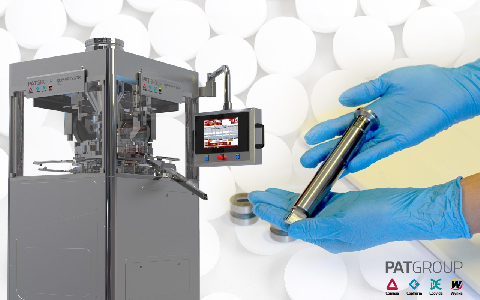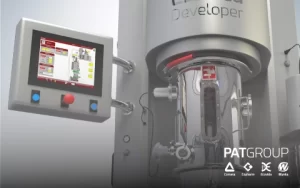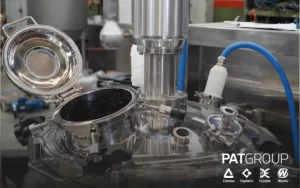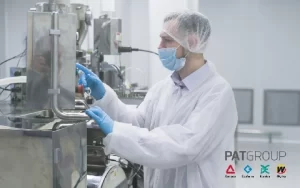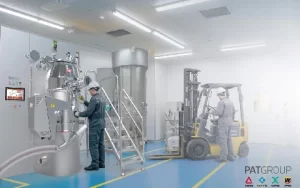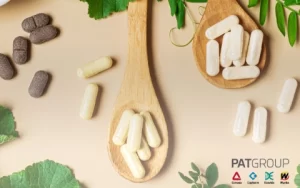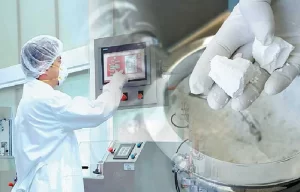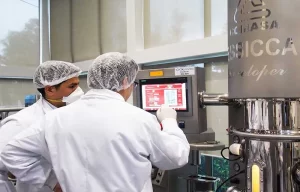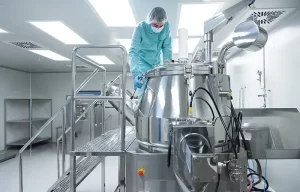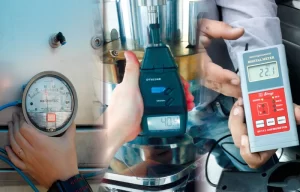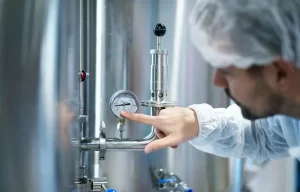Tablet manufacturing is a complex process that requires precision and control to ensure the quality and efficacy of the final product. Some of the most common issues manufacturers encounter include:
- Capping: occurs when the top or bottom of the tablet separates horizontally from the rest, forming a cap shape. It can result from inadequate bonding between the powder or granulated material. Capping can affect the drug’s efficacy and reduce its potency, as patients may not receive the full dose of the medication.
- Lamination: happens when one or more layers of the tablet separate horizontally, creating a layered appearance. Often caused by excessive lubricants during manufacturing, lamination can cause the tablet to disintegrate too quickly, leading to an inadequate drug dose.
- Sticking and picking: tablet material adheres to the die cavity surface during manufacturing, which can compromise product quality. This issue may result from an improper powder formulation or poor machine maintenance.
- Tablet breakage: tablets may break due to inadequate compression pressure or defects in the materials used. Tablet breakage can compromise tablet integrity and affect dosage accuracy.
- Weight variation: inconsistencies in tablet weight may arise from powder density variations, mold filling, and compression force, affecting dosage precision and product uniformity.
The key components in this process are the punches. When properly used and maintained, these essential tools in tablet compression machinery can prevent many of the issues mentioned. For instance, a worn or misaligned punch can lead to capping and lamination, whereas a well-maintained one ensures uniform and consistent compression.
The material selection and design of punches also play a crucial role. High-quality punches made from wear-resistant materials can significantly enhance machinery durability and performance, reducing the risk of tablet defects. Proper punch design ensures uniform pressure during compression, helping maintain tablet integrity and uniformity.
Regular maintenance and inspection of punches can extend their lifespan and minimize production failures. Likewise, training personnel in punch and machine handling is essential for optimizing the process and reducing waste.
Contact us if you want to improve tablet manufacturing quality in the pharmaceutical industry. We offer customized solutions and expert advice to optimize your production processes and ensure excellence in every tablet.

